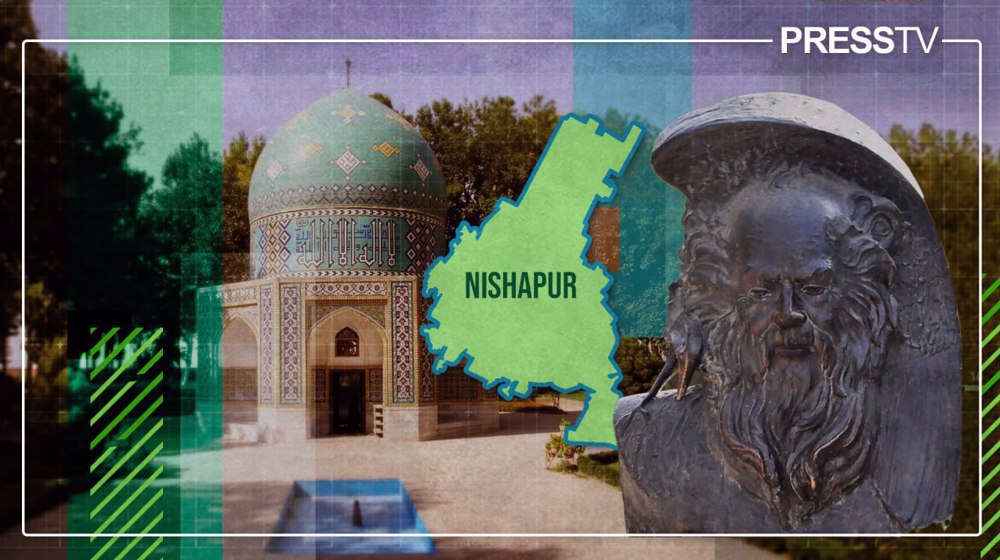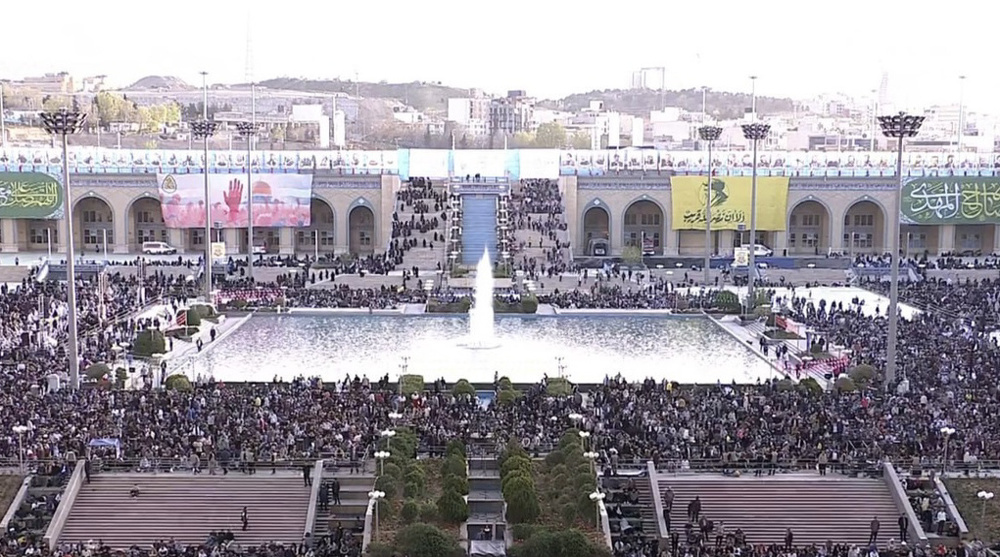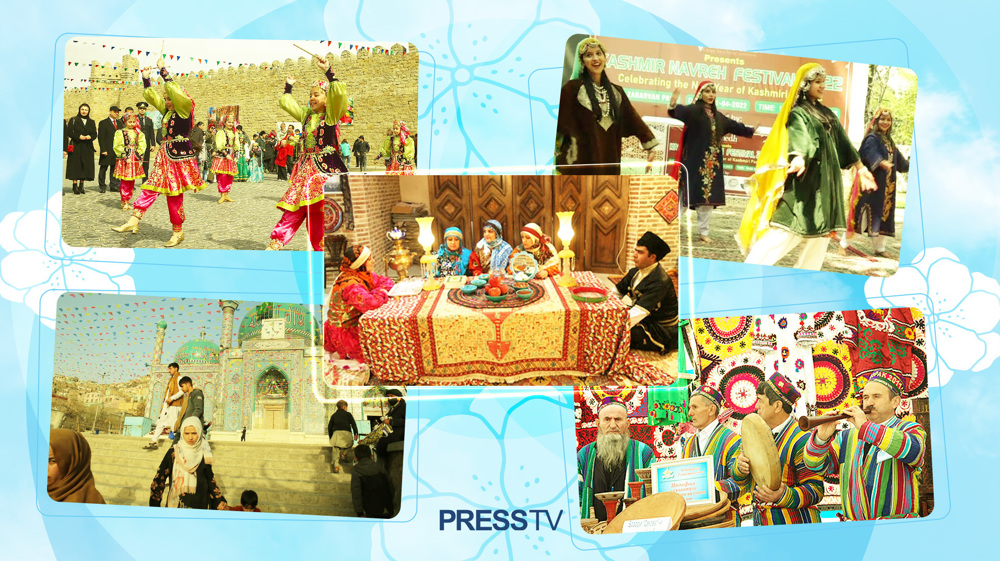The Celebration of Spring in Iran
Spring is in the air and it is not just about the flower buds and the beautiful pink blossoms on the trees. It’s not so much about saying goodbye to the cold weather, either.
The arrival of spring means that the cold season is over and warmth is on the way. But to many countries in the Middle East and Central Asia, especially Iran, there’s more to it than that. For the Iranian people, the arrival of spring is all about a long lasting tradition, a celebration rooted in history and the glorification of growth and vigor in Mother Nature.
It all begins in early March with ‘spring cleaning’. This tradition known as ‘Khaneh Tekani,’ literary meaning ‘shaking the house,’ is common in almost every household. Carpets are washed, windows are wiped, silverware is polished, curtains are taken to the dry cleaners and old furniture is repaired or replaced with a new one.
Every nook and cranny is scrubbed and polished until the whole house is sparkling clean. All family members are involved in this ritual, a ritual that signifies a fresh start to the year. It is widely believed that with all the dust and grime, ill fortune is also washed away and the slate is wiped clean again.
And then it’s shopping time. During the weeks left to the New Calendar Year, people head for the markets and shopping centers to buy an assortment of goods. And what’s on the list? New clothes, new shoes, fresh fruits, sweets and confectionaries, nuts, flowers and everything that goes on the Haft Seen Table. This special spread is a ‘must’ on the New Year and local markets are packed with enthusiastic shoppers who are looking for those special offers and last minute bargains.

Local flower markets are the busiest during the final days of the year. They’re filled with fresh cut flowers, beautiful potted plants and vendors beckoning you to buy. As you baby step your way through the crowd, you can’t help but enjoy all that enthusiasm and vigor in the air! The hyacinth is probably the most sought after flower here as it stands for prosperity and happiness in the Persian culture.

Nevertheless, the most important curtain-raiser to Norouz is Chaharshanbe Soori which is a fire festival held on the eve of the last Wednesday of the calendar year. This festival is full of special customs and rituals, especially jumping over fire. As the sun sets, people light up fires and gather around to jump over them. As they do this, they sing “zardi-ye man az toh, sorkhi-ye toh az man” meaning my yellow is yours, your red is mine. In this ritual, they ask the fire to take their paleness and problems and in return give them energy and warmth.
As the last day of the year comes to an end, everyone rushes home to be with their families and loved ones. The New Year is all about celebrating those special moments and sharing the joy and gratitude with family members. While the clock is ticking away and the New Year is approaching, the family sits around the specially prepared Haft Seen Table.
Seven items beginning with the sound /s/ are symbolically set on the table. ‘Senjed’ or dried oleaster which symbolizes wisdom, ‘Sabzeh’ or sprouts refer to rebirth, ‘Seeb’ or apple stands for health and beauty, ‘Samanu’ or pudding made from wheat germ is a sign of power, ‘Sir’ or garlic refers to medicine and good health, ‘Serkeh’ or vinegar symbolizes patience and finally Somac which stands for sunrise and Good conquering Evil. Other items such as coins, flowers, mirror and candle sticks and decorated eggs are also put on the table to bring good luck, wealth and happiness for the family.
The Holy Quran also has a special place on the table. And let’s not forget the goldfish which is favorite especially to the children.

Norouz holiday in Iran is a two-week event. It is mostly about socializing and strengthening family bonds and meeting up with old friends. During this period, people pay visits to each other’s houses and entertain their guests with fresh fruits and nuts. It’s tradition for the elders to give away money called ‘Eidi’ to the children. Norouz holiday is also a perfect opportunity for the families to go on trips making these two weeks a prime travel season.
The holidays culminate in a special festival called ‘Sizdah Bedar’. This national event falls on the 13th and the last day of the holidays and it is when everyone goes out to spend time in nature. This is all done to get rid of the so-called ‘curse’ of number 13. On this day, people set off for the countryside or the parks to set up tents and have picnics. Children play football, badminton and Ping-Pong, fly kites and enjoy a game of Frisbee while the elders prepare lunch. Making kebabs is a tradition and men usually take the lead. They start preparing the charcoal grill while the ladies thread the meat onto the skewers.
After lunch it’s time to sit with the family and eat Sekanjebin with lettuce leaves. Sekanjabin is a syrup made of vinegar and honey. Single girls tend to tie a knot with the green sprouts and wish to find a husband in the coming year before throwing the sprout in the stream as a sign of getting rid of all the misfortunes. People also set the goldfish free by putting her back into the river before packing and going back home.


As it is said, the essence of any civilization is expressed in its celebrations and festivities, because they reflect the people’s beliefs and ideology: Ideologies that have been cherished and honored from one generation to the next. Norouz is full of traditions and customs. Each and every one of them is replete with cultural significance in one way or another. Spring may be just the turn of a new season for many nations. But for Iranians and people of other countries who celebrate Norouz, it is a time to glorify a long lasting tradition, a time to renew the beliefs of a great civilization.
HL/MKA

Sheikh Farid-ud-din Attar: Persian mystic and progenitor of fable in Iranian Sufism

Eid al-Fitr celebrated in Iran, other countries as holy month of Ramadan comes to a close

How Nowruz, which symbolizes rebirth, is celebrated across the world
Iran condemns Israeli war crimes in Gaza, West Bank
Iran’s oil output rises slightly in March, OPEC data show
VIDEO | Press TV's news headlines
Hamas calls for ‘serious steps’ to end Israeli blockade of Gaza
Medic killed, 10 patients wounded in Israel's attack on field hospital in Gaza
Popular Front for Liberation of Palestine condemns new US-Israel arms deal
Gaza death toll hits 51,000 as Israel presses ahead with genocidal campaign
Iran, Turkey foreign ministers discuss Muscat talks, other regional issues







 This makes it easy to access the Press TV website
This makes it easy to access the Press TV website